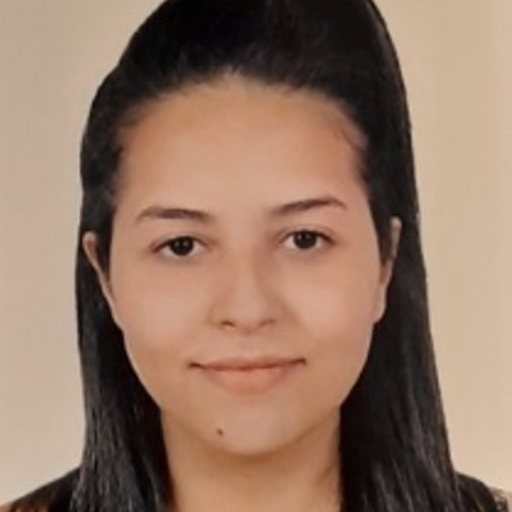
Johannes Frasnelli, M.D.
Associate Professor
Université du Québec à Trois-Rivières
Holder of the research chair in chemosensory neuroanatomy
514-338-2222 ext. 7733
Johannes.A.Frasnelli@uqtr.ca
Training
Post-doctorate in neuropsychology (Université d Montréal)
Post-doctorate in cognitive neuroscience (Montreal Neurological Institute, McGill University)
Priv.-Doz. Technical University of Dresden
M.D. University of Vienna, Austria
Research interests
Physiology, psychology and pathology of the chemical senses (smell, taste, etc.)
Methodological approaches
Psychophysics, functional and structural neuroimaging (magnetic resonance imaging, positron emission tomoscintigraphy), electrophysiology (evoked potentials, electro-olfactogram).
Fundings
FRSQ-30859-Junior 1 salary award (2015-2020)
UQTR Chair in Chemosensory Neuroanatomy (2015-2019)
NSERC Neuroanatomy of the chemical (2015-2022)
UQTR-Chemorensory Neuroanatomy Equipment (2017-2019)
McGill-FRQ-S / RBIQ (2018-2021)
MITACS Globalink IT (2019)
FRSQ-283144-Junior 2 salary award (2020-2023)
Parkinson Canada Chemosensory perception (2020-2021)
CIHR Chemosensation in Parkinson's disease (2020-2027)
My team

Frank Cloutier, Ph.D.
Research Associate

Cécilia Tremblay
Ph.D. candidate
UQTR

Nicolas Busière
Medical Student

Gözde Filiz M.Sc.
Ph.D. candidate
UQTR

Nouhaila Bouguiyoud
Ph.D. candidate
UQTR

Chloé Migneault-Bouchard
Ph.D. candidate
UQTR

Olivier Fortier-Lebel
Ph.D. candidate
UQTR

Benoît Jobin
Ph.D. candidate
UQTR

Coline Zigrand
Ph.D. candidate
UQTR

Sarah Brosse
Ph.D. candidate
UQTR

Cindy Levesque-Boissonneault
Ph.D. candidate
UQTR
Selected publications
Tremblay C, Mei J, Frasnelli J (2020) Olfactory bulb surroundings can help to distinguish Parkinson’s disease from non-parkinsonian olfactory dysfunction. NeuroImage: Clinical (in press)
Tremblay C, Iravani B, Aubry Lafontaine E, Steffener J, Fischmeister FPS, Lundström JN, Frasnelli J (2020) Parkinson’s disease affects functional connectivity within the olfactory-trigeminal network. J Parkinson D (in press)
Lecuyer Giguere F, Jobin B, Robert J, Bastien L, Giguère JF, De Beaumont L, de Guise E, Frasnelli J (2020) Early parosmia signs and affective states predicts depression and anxiety symptoms six months after a mild Traumatic Brain Injury. Chem Senses (in press)
Jobin B, Tremblay C, Lecuyer Giguère F, Steffener J, Frasnelli J (2020) Improving the assessment of trigeminal sensitivity: a pilot study. Chemosens Percept (in press)
Aubry-Lafontaine E, Tremblay C, Durand-Martel P, Dupré N, Frasnelli J (2020) Orthonasal, but not Retronasal Olfaction is Specifically Impaired in Parkinson’s Disease. Chem Senses (in press)
Potvin MJ, Paradis V, Brayet P, Dion LA, Gosselin N, Rouleau I, Frasnelli J, Giguère JF (2020) The EXACT (EXAmen Cognitif abrégé en Traumatologie): A brief cognitive exam in traumatology. R Neuropsychologie (in press)
Migneault-Bouchard C, Hsieh JW, Hugentobler M, Frasnelli J, Landis BN (2020). Chemosensory decrease in different forms of olfactory dysfunction. J Neurol 267(1):138-143.
Tremblay C, Emrich R, Cavazzana A, Klingelhoefer L, Brandt MD, Hummel T, Haehner A, Frasnelli J. (2019). Specific intranasal and central trigeminal electrophysiological responses in Parkinson’s disease. J Neurol 266:2942-51.
Lecuyer Giguère F, Frasnelli A, De Guise É, Frasnelli J (2019). Olfactory, cognitive and affective dysfunction assessed 24 hours and one year after a mild Traumatic Brain Injury (mTBI). Brain Inj 21:1-10.
Poupon D, Fernandez P, Frasnelli J (2019) Sommelier Students Display Superior Abilities to Identify but Not to Detect or Discriminate Odors Early in their Training. Chemosens Percept 12:106-14
Al Ain S, Poupon D, Hétu S, Mercier N, Steffener J, Frasnelli J (2019) Smell training improves olfactory function and alters brain structure. NeuroImage 189:45-54
Poupon D, Fernandez P, Archambault Boisvert S, Migneault-Bouchard C, Frasnelli J (2018) Can the identification of odorants within a mixture be trained? Chem Senses 43:721-6
Manescu S, Poupon D, Ballester J, Abdi H, Valentin D, Lepore F, Frasnelli J (2018) Early-blind individuals show impaired performance in wine odor categorization. Neurosci 390:79-87
Tremblay C, Durand Martel P, Frasnelli J (2018) Chemosensory perception is specifically impaired in Parkinson’s disease. Parkinsonism Rel Dis 57:68-71
Tremblay C, Frasnelli J (2018) Olfactory and trigeminal systems interact in the periphery. Chem Senses 43(8):611-616
Tremblay C, Durand Martel P, Frasnelli J (2017) Trigeminal system in Parkinson’s disease: A potential avenue to detect Parkinson-specific olfactory dysfunction. Parkinsonism Rel Dis 44:85-90
Projects
Chemosensation in Parkinson's disease: Trigeminal sensitivity as a potential marker
Parkinson's disease (PD) is a neurodegenerative condition affecting more than 1% of the population older than 60. The endpoint of PD is often dementia. The disease is characterized by motor symptoms such as bradykinesia, shaking, rigidity, and gait / balance problems. The clinical diagnosis of PD currently depends on the presence of at least three motor symptoms. Today there is no cure yet for Parkinson's disease as motor symptoms only appear once a considerable amount (in the range of 60%) of dopaminergic neurons of the substantia nigra has degenerated. It is therefore of utmost importance to develop methods for early detection of PD, to develop efficient interventions to cure the disease or at least slow down its progression. Several biomarkers have been put forward over the last two decades (e.g., olfactory dysfunction, constipation, sleep disorders such as REM behavioral disorder - RBD); however, most lack specificity and are cumbersome to measure.
We propose a study to evaluate the potential of a practical, low priced, fast, efficient method to screen for early PD stages. This research has the potential to be extremely helpful in early diagnosis of PD. Its goal is to understand the neural mechanisms of preserved trigeminal function in PD in association with low olfactory function. The long-term objective of this research is the development of diagnostic tools for early screening of PD, based on chemosensory testing, as olfactory dysfunction in PD occurs 10-20 years before other symptoms. As a chronic disease, PD is a substantial burden on patients, caregivers, families, and the society as a whole.
Early detection could lead to early interventions with the aim to attenuate or slow down disease development. As a long-term outcome this research has the potential to provide an instrument with high sensitivity and specificity to detect PD via the combined testing of olfactory and trigeminal function. The major advantages of using chemosensory tests as opposed to other early screening tools may be summarized with three terms: they are practical (can be performed bedside or even at home, by general practitioners), they are quick (in the range of minutes), they are low cost (in the range of a few dollars per test).
Olfactory function as a measure of brain organization
The structure of the human brain is continually influenced by physiological, pathological and environmental factors. In fact, the nervous system reorganizes its structure, functions and connections in response to stimuli outside or from the brain itself, a mechanism called neuroplasticity. Some diseases cause a decline in the volume of nerve tissue or its integrity (neurodegeneration). On the other hand, the nervous system has the ability to restore its functions following damage (neuronal regeneration). It is known that olfaction is closely associated with the functional and structural characteristics of several regions of the brain. As a result, olfactory performance worsens with neurodegeneration and improves with neuronal regeneration. Our objective is therefore to assess the extent to which olfactory performance provides information on neuronal plasticity and changes in the structure of the brain. More specifically, we examine the link between olfactory function, cognitive performance, structural changes in the brain, and the consequences of three specific medical conditions. In this context, (1) mild cognitive impairment serves as a model of neurodegeneration while (2) brain trauma is a model that allows us to better understand neuronal regeneration. Finally, we investigate patients with (3) acquired olfactory dysfunction in whom neuronal regeneration will be induced.
The studies in this research program are innovative on several levels, as they will help to understand brain regeneration and degeneration, to understand how certain diseases affect the brain and will support the development of screening tools and prognosis in several medical conditions.

